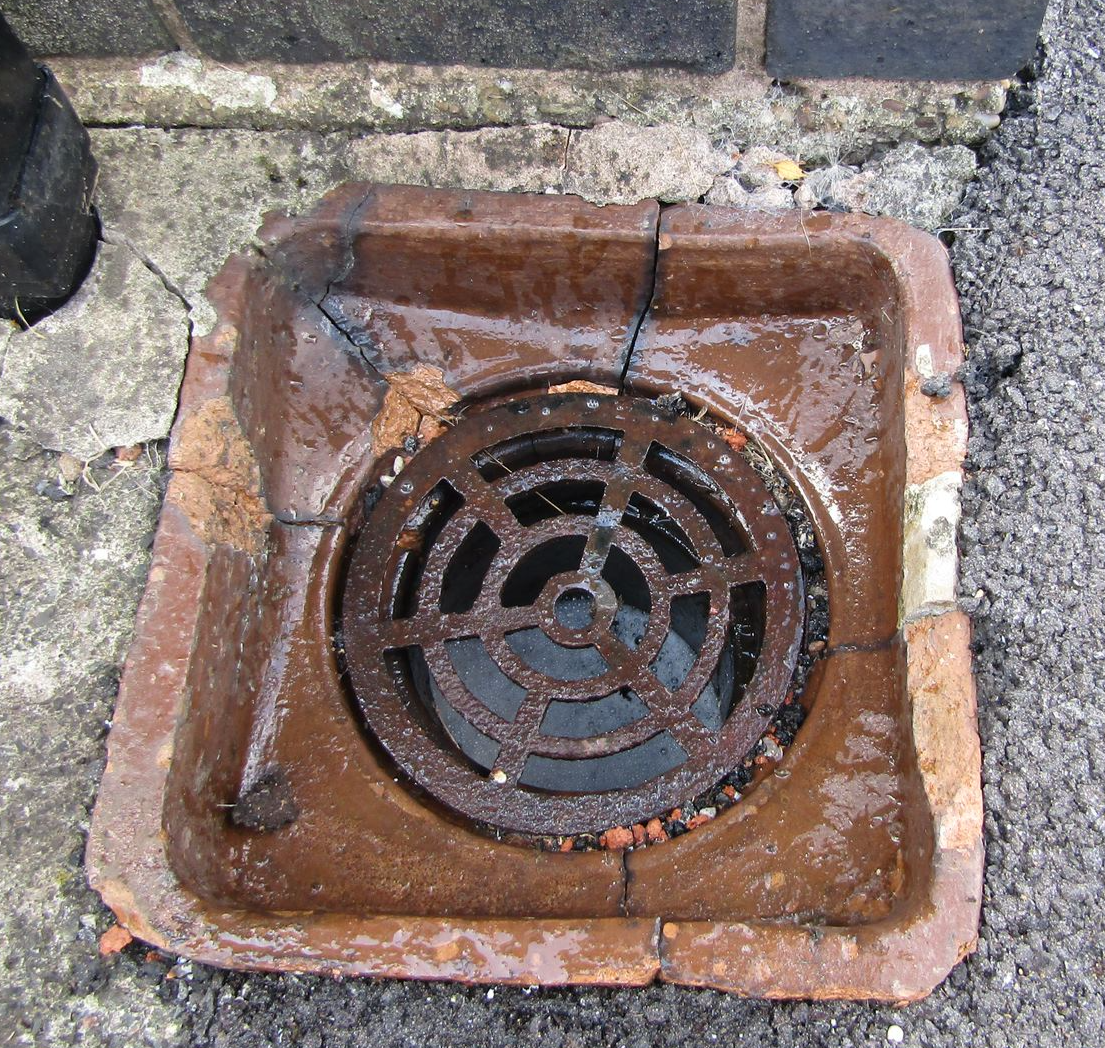Guidelines for Handling a Blocked Drain Before Contacting Experts
Guidelines for Handling a Blocked Drain Before Contacting Experts
Blog Article
They are making a number of great points on What I learned from trying to deal with a clogged drain in general in the content down the page.

Introduction
Taking care of a blocked drainpipe can be a discouraging experience, disrupting day-to-day activities and potentially causing damages to your home. Nevertheless, before connecting to pipes professionals, there are steps you can require to address the issue yourself. In this guide, we'll explore do it yourself solutions and preventive measures to tackle an obstructed drainpipe efficiently.
Identifying the Concern
The primary step in resolving an obstructed drainpipe is acknowledging the indications. Slow drain, gurgling sounds, foul odors emanating from drains pipes, or water support up prevail indicators of an obstructed drain. Identifying these signs early can help avoid even more complications.
Usual Reasons For Blocked Drains
Comprehending the variables that contribute to drain obstructions is important for efficient resolution. Typical perpetrators consist of hair, soap residue, oil, food particles, and foreign items like sanitary products or paper towels. Tree origins invading underground pipes can additionally cause significant obstructions.
DIY Solutions
For minor clogs, a number of do it yourself services can be reliable. Putting boiling thin down the drainpipe can assist dissolve grease and debris. Baking soda and vinegar or a blend of salt and cooking soda can function as natural cleaners. Utilizing a plunger or pipes serpent to displace blockages is one more choice.
Tools and Devices
Having the right tools accessible can make DIY drainpipe cleaning much more reliable. A plunger is a flexible tool for clearing obstructions in sinks, commodes, and showers. A plumbing serpent or auger can reach much deeper obstructions, while drainpipe cleaning chemicals can be made use of very carefully for stubborn blockages.
Preventive Measures
To avoid future clogs, adopting safety nets is essential. Mount drain guards or strainers to catch hair and particles before they get in the pipelines. Consistently flush drains with hot water to dissolve grease build-up, and prevent taking care of oil or solid waste down the tubes.
When to Call a Professional
While do it yourself services can resolve small obstructions, certain indicators show the demand for professional assistance. Persistent blockages, foul odors despite cleaning up initiatives, or numerous drains supporting simultaneously are warnings that require professional intervention.
Picking the Right Plumbing Solution
When selecting a pipes solution, think about variables such as experience, licensing, and customer testimonials. Select a trusted plumbing technician with a track record of high quality craftsmanship and transparent pricing methods.
Price Considerations
The cost of specialist drain cleaning company can differ relying on the severity of the obstruction and the plumbing technician's rates. Demand quotes from several companies and ask about any type of surcharges to make certain openness and avoid shocks.
Safety Precautions
When attempting do it yourself drain cleaning, focus on safety and security. Put on safety handwear covers and glasses to stay clear of contact with dangerous chemicals or microorganisms. Never blend various drainpipe cleaning items, as this can produce dangerous fumes.
Case Studies
Real-life instances illustrate the performance of DIY remedies and the importance of timely expert intervention in fixing drain clogs.
Final thought
By following the pointers laid out in this guide, you can successfully deal with blocked drains pipes and prevent future plumbing issues. Whether choosing do it yourself services or seeking professional help, punctual action is essential to keeping a healthy and balanced pipes system and maintaining the honesty of your home.
HOW DO PLUMBERS AND DRAINAGE EXPERTS CLEAR BLOCKED DRAINS?
Most of us have dealt with a backed up drain at some point in our lives! Whether it’s in our home or at our business, when the toilet begins to overflow or the sink doesn’t drain properly, we ultimately seek help from professionals to clear wastewater lines and get things flowing again.
Sure, you can attempt every possible drain hack in the hopes that your line clears but, often, it’ll require more than just pouring something down the drain. Keep in mind too, that pouring acid-based liquid cleaners down your drain can result in even more problems. If unable to clear – and pass through – the clog, it’ll sit in the line and begin to eat away at the pipe. Calling a plumber or professional to clear your drain might be your last resort but it’s the proven result. So, what do they do, and what type of equipment do they use, to get rid of a blocked drain line?
How Do Plumbers And Drainage Experts Clear Blocked Drains?
To better understand exactly where the problem is located, experts will typically start with an assessment and a video sewer inspection. Using non-invasive equipment that enters and exits through the pipe, these cameras offer a look inside the pipe and can spot anything from buildup, to forming clogs, to tree roots to small holes that could be a future problem – in real-time. It can see up to 150 feet of even the hard-to-reach places of the line, so there’s nowhere to hide.
https://www.zoomdrain.com/blog/2023/january/how-do-plumbers-and-drainage-experts-clear-block/

We had been made aware of that report on How to handle a clogged drain in your home from someone on a different web page. Sharing is nice. Helping others is fun. Thanks a lot for going through it.
Schedule Free Estimate Report this page